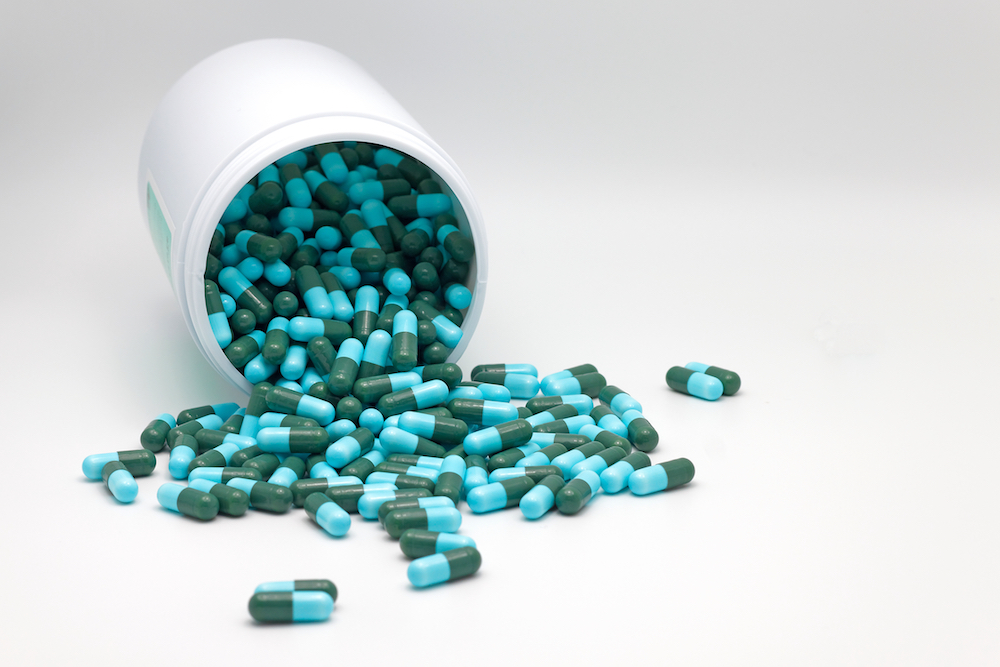
When it comes to antibiotics, can too much of a good thing be harmful?
Antibiotics are powerful drugs that help our bodies ward off diseases caused by bacteria. When used appropriately, they quickly and effectively eliminate infections, causing us to feel better in a matter of days. However, when used to treat other health conditions, antibiotics are not only ineffective but can be harmful to our overall health.
According to a growing body of research, the more we take antibiotics to cure bacterial infections, the more our bodies build resistance, which wipes out their effectiveness in making us well.
How do you know when they will work?
Antibiotics fight bacteria that cause strep throat and ear, sinus and urinary infections. They do not work for the flu, colds, coughs and sore throats. Consult with your doctor about your symptoms, which can help determine the origin of your illness. Ask your doctor about the benefits and drawbacks of taking antibiotics for your diagnosis.
Following are a few pros and cons of taking antibiotics:
Pros of taking antibiotics
- Antibiotics can slow the growth of and kill many types of infection.
- In some cases, such as before surgery, antibiotics can prevent infection from occurring.
- Antibiotics are fast-acting; some will begin working within a few hours.
- They are easy to take: Most antibiotics are oral medications. Your doctor may decide to give you an injection, if it is imperative that the medicine gets into your system quickly.
Cons of taking antibiotics
- If you take antibiotics often, your body can build a resistance to antibiotic drugs, which could cause antibiotics to become less effective.
- The longer the course of treatment for an antibiotic, the more damage that can be done to the body’s immune system.
- Some antibiotics can have side effects, from digestive issues to bone damage to sensitivity to sunlight. Make sure to read the fine print that comes with your medicine, so that you know the risks.
“Inappropriate use of antibiotics is creating a huge threat to the health of our communities,” says Jennifer R. Boozer, DO, a family medicine physician at Keck Medicine of USC and clinical associate professor of family medicine at the Keck School of Medicine of USC. “By taking antibiotics when we do not need them, we increase the chances of bacteria becoming resistant to the medication and then, when we really need it, those antibiotics will not be effective. This can lead to an increase in hospitalizations, due to the need for IV antibiotics, or even increased chances of death.
“It is important that you protect yourself and your family, by only taking antibiotics that are prescribed to you, when your doctor advises you to do so,” expresses Dr. Boozer. “Sharing antibiotics or taking leftover medications from a previous illness is never advised.”
Rules to follow to avoid misuse
- Do not take somebody else’s antibiotics.
- Any prescribed antibiotic should be finished without any being left over.
Also, be aware that colds are viral, and antibiotics are not going to help.
Topics
